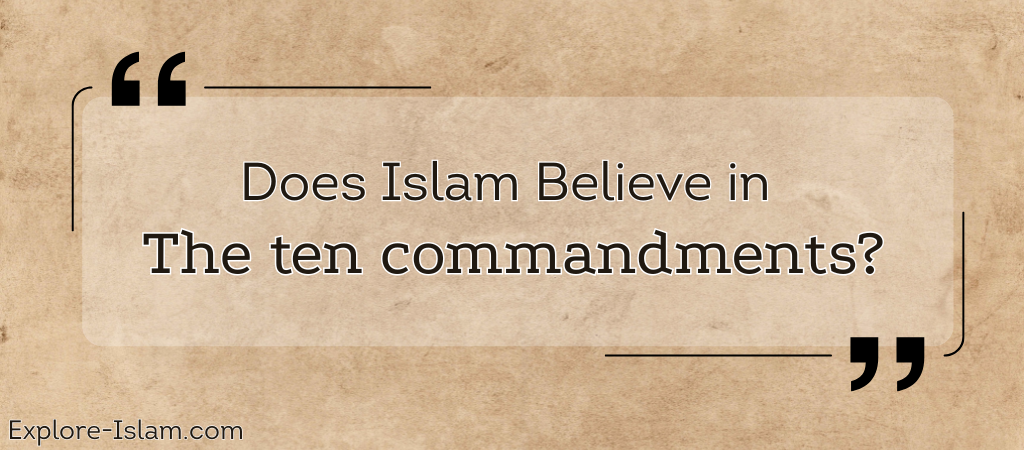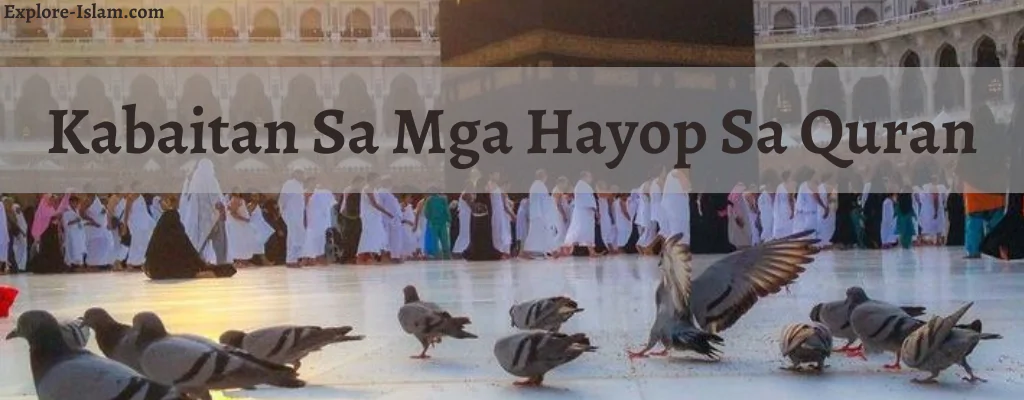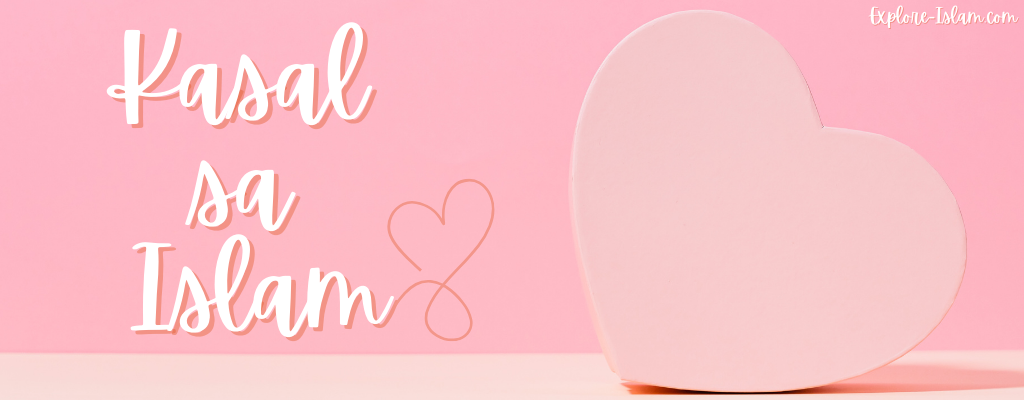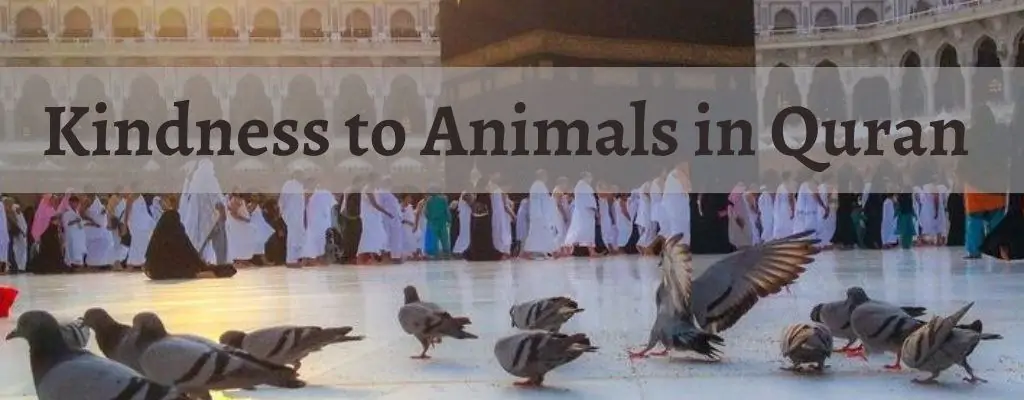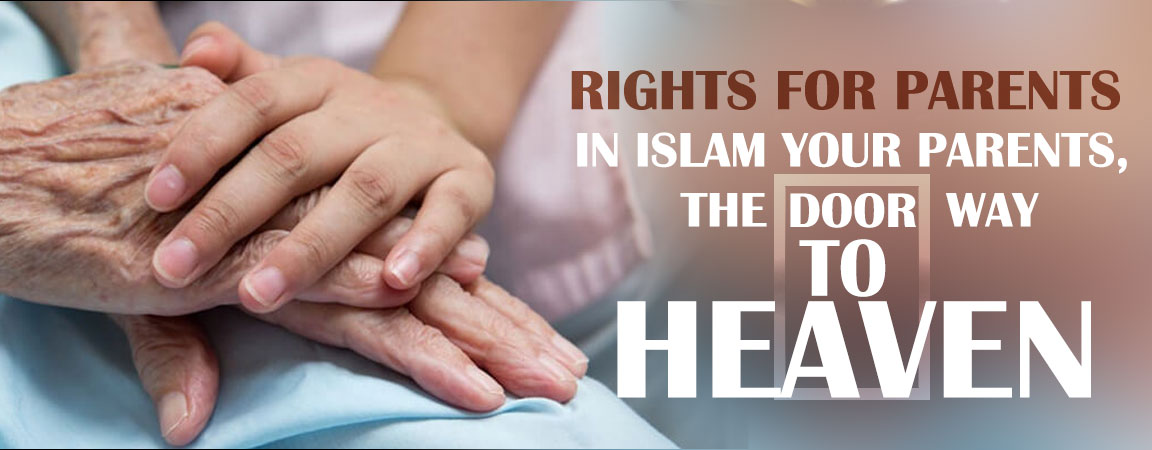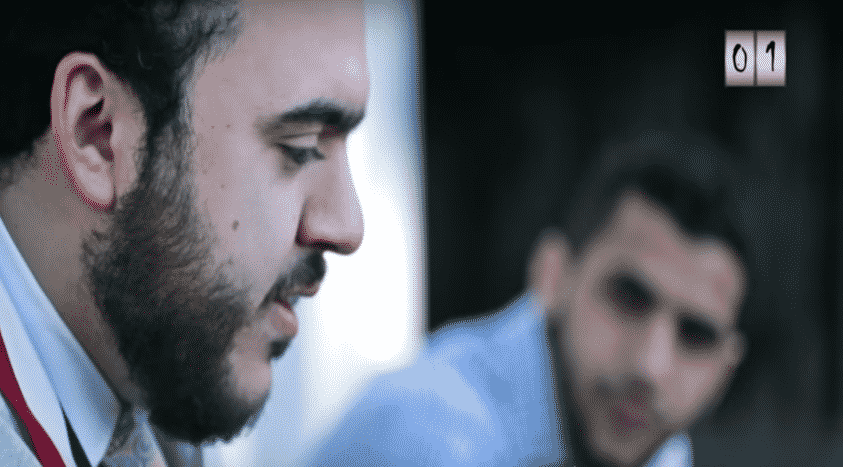Defining parenthood in this time and age is a bit difficult; in regard to the modern scientific leaps in reproductive technology (artificial insemination and fertilization techniques), and due to the wide range of legal legislations all over the variant societies of the world.
The situation in the West, where parenthood is regarded mainly as an attribute, rather than an inherent quality demonstrated even in adoption and lesbian parenting, where neither of the adoptive parents needs to have had genetic or gestational investment in the bearing of the child. Yet, society ethically and legally considers them parents to the child. In Islam, adoption is prohibited and sodomy (homosexuality and abnormal sexuality) is a sinful act that is punishable both in this life and the afterlife.
How to establish paternity (Nasab)?
This is an Islamic unique concept actually applied in present time in non-Muslim societies. There are specific conditions for paternity to be established, four basic principles to be exact:
- There must be a valid marriage contract between the mother and father of the child.
- Jurists consider that the minimum duration from the existence of a valid marriage contract to the birth of the child is six months. It is important to state that the least number for gestation according to modern science is twenty weeks; that produces a viable neonate.
- Attribution is based on the principle “Al‐waladu li’l‐firash” a Saying of the Prophet Muhammad(peace and blessings of Allah be upon him) ; that is “The child is for the bed (i.e., belongs to the husband), in other words, to the apparent father.”
- Acknowledgement (Iqrar) by the husband that the child born to his wife is his, even if the child’s genetic paternity may be in doubt.
Who is a parent?
This is an odd question, but due to the previous explanation, we need to make it clear. There is a precise definition of who each parent is in Islam, as it is an attribute and an inherent quality in relation to the child where both have bilateral, interdependent, complementary and intertwining rights and duties that are sacred and have legal implications.
Motherhood is established by:
- Gestation (the jurists give priority to the gestational parent).
- Fostering with breast feeding (a woman can nurse a child of another and she would be considered his second mother by lactating him and a sibling to her children along with his own birth family).
- Genetically, by ovum donation (a recent concept deduced by Islamic Jurists).
The priority of a claim of parenthood, therefore, descends in order from the woman who gave birth to the child, to the woman who breast fed it, to the woman with the genetic investment.
Fatherhood is established by:
- If he is the genetic parent of the child.
- Acknowledgement (Iqrar). The general rule is that “The child belongs to the lawful husband and father, except where there is a competing claim or the husband rejects the child”. Further, a child born through sperm foreign to its mother (that is, sperm not from her wedded husband) is illegitimate according to most scholars.
Rights of Parents in Islam:
Family being the basic social unit in Islam, along with the husband-wife relationship the Parent-child relationship is the most important one. Islam clearly defines the Rights of Parents as duties of children (which will be discussed here) and obligations of parents as Rights of children (which were discussed in a previous article).
Allah in Quran places parents “only second to Him” as innumerable favor granters and most worthy of gratitude and thankfulness: “And your Lord has decreed that you not worship except Him, and to parents, good treatment.[Quran.com/17:23].
“Good treatment” is not left to one’s judgment, in Quran numerous verses explain in details how to establish “Birr” (good deeds towards parents): “And your Lord has decreed that you not worship except Him, and to parents, good treatment. Whether one or both of them reach old age [while] with you, say not to them [so much as], “uff,” and do not repel them but speak to them a noble word.And lower to them the wing of humility out of mercy and say, “My Lord, have mercy upon them as they brought me up [when I was] small.” [Quran.com/17:24].
Also Allah says: “And We have enjoined upon man, to his parents, good treatment. His mother carried him with hardship and gave birth to him with hardship” [Quran.com/46:15].
A Muslim does not do Birr only to try to repay the favors of his parent, or out of obedience to God, but also, seeking the rewards of Allah for this good deed.
The Prophet Muhammad (peace and blessings of Allah be upon him) says: “Then stay with her, for Paradise is beneath her feet.” [Sunan an-Nasa’i], meaning that reaching heaven is through Birr (respect and good treatment) of mothers.
Another Hadith related in Sahih Bukhari and in Sahih-Muslim (most authentic books of Hadith): “Abu Huraira reported that a person came to Allah, ‘s Messenger (PBUH) and said: Who among the people is most deserving of a fine treatment from my hand? He said: Your mother. He again said: Then who (is the next one)? He said: Again it is your mother (who deserves the best treatment from you). He said: Then who (is the next one)? He (the Holy Prophet) said: Again, it is your mother. He (again) said: Then who? Thereupon he said: Then it is your father“. [Sahih-Muslim].
So, what are the Rights of Parents (Duties of children) in Islam?
- During childhood of offsprings, parents have:
- The right to be respected and obeyed: Parents being the most well-wishers of their children have the right to be obeyed and respected by their children. Parents almost always force their children to do, not do or learn things against their will but, in the children’s favor and best interest.
- The right to scold and rebuke the child to evoke his reform and obedience: When a child is in harm’s way either by his own doing or by others, physically, psychologically or in any other manner, his parents are obliged to take whatever meager to protect and/or reform him. This is not a license to harshness and cruel treatment; on the contrary, parents are urged to be kind, loving and merciful. It is a kind of tough love to straighten and correct.
- Children while growing up are getting stronger but parents are getting older: So, parents have the right to be helped household chores, in which they can help, children and young adults, must do because it is not only out of mercy for parents but, it is an educational experience for them in how to manage day to day life matters. Sons and daughters helping mothers in house and kitchen and fathers in lifting heavy objects or repairing broken stuff around the house would add a lot to family ties and spirit.
- Parents in their old age:
Parents in their old age Them getting older and weaker while their children are getting stronger and more independent, so parents have:
- The right to be looked after: After decades of caring, protecting, sacrifice and giving all, parents are in a position of weakness and need for mercy, love, care and help so it is the duty of their children to provide every Physical, emotional and financial need of the parents. It is time to repay what may be a fraction of their favors. Allah says in Quran: “They ask you, [O Muhammad], what they should spend. Say, “Whatever you spend of good is [to be] for parents and relatives and orphans and the needy and the traveler. And whatever you do of good – indeed, Allah is Knowing of it.” [Quran.com/2:215].
- The right to kind words, good treatment and behavior: Islam urges people to be soft spoken, kind and merciful especially children to parents. In the state of weakness, need and helplessness some parent get to in their old age, Allah commands the children to take care of them, not show resentment, impatience, ill speaking or even a frown. Allah promises great rewards for this noble deed. In Quran: “And your Lord has decreed that you not worship except Him, and to parents, good treatment.” (behave kindly with them and do not compel them to bring their needs to your attention; but fulfill their requirements before they have to tell you, even though in reality they are not in need of your assistance);Whether one or both of them reach old age [while] with you, (and be-come angry with. you) say not to them [so much as], “uff,” and do not repel them but speak to them a noble word. (and respect, i.e., say to them `May Allah forgive you’)And lower to them the wing of humility out of mercy (and whenever you look at them, look with gentleness and kindness; do not raise your voice upon their voices, nor your hands above their hands; nor walk before them); and say, “My Lord, have mercy upon them as they brought me up [when I was] small.” [Quran.com/17/23:24].
In Sahih-Muslim, the Prophet (PBUH) said: “Let him be humbled, let him be humbled. It was said: Allah’s Messenger, who is he? He said. He who finds his parents in old age, either one or both of them, and does not enter Paradise.” [ Sahih Muslim]
Explanation: People do not make each other enter Paradise, what is meant is that honoring and Birr of one’s parents is rewarded by entering Paradise in the afterlife.
Such values are to be found in all true religions and Islam in particular.
Conclusion:
We do not find in Quran or Hadith so much emphasis on commanding parents to look after their children as in the case with Rights of the parents.
Why is that? My theory is that signposts are not needed on straight highways; but at a crossroads and exits. Parents do not need to be commanded to care for their children, it’s instinctive for them. Kids on the other hand need to, as it is in human nature to be mesmerized with strength and youth, and forget about all other.
In a Muslim household, the elderly are cared for by their own with love, care and gratitude. When children see their parents caring for grandparents, it becomes a natural behavior when it’s their time to care for their parents.
Islam’s way for preserving human and family values is unique and it has endured the test of time.


